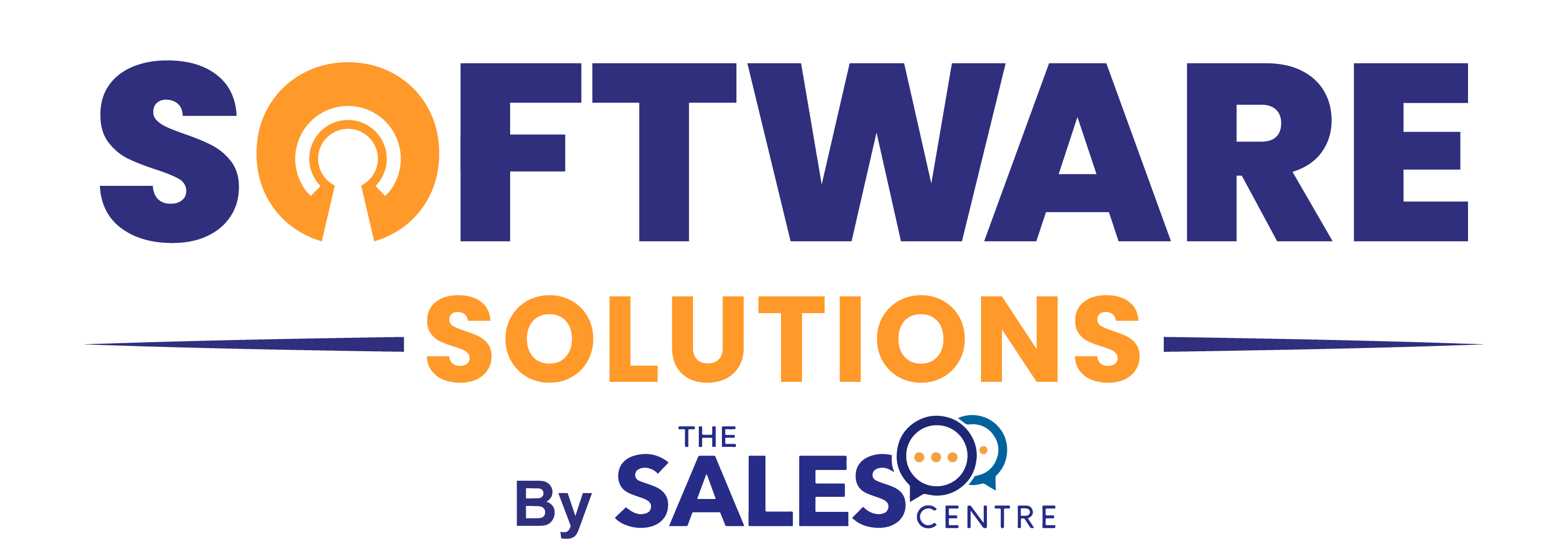In today’s increasingly digital world, cybersecurity is no longer just a concern for large enterprises. Small and medium-sized enterprises (SMEs) are increasingly targeted by cybercriminals due to their often-limited security infrastructure. A single cyberattack can result in financial loss, damaged reputation, and operational disruptions. For SMEs, prioritising cybersecurity is essential for safeguarding their future. Here’s why cybersecurity matters and what steps your business can take to stay protected.
Understanding the Risks

Cybercriminals often view SMEs as easy targets due to the misconception that small businesses don’t hold valuable data. However, SMEs manage sensitive customer information, financial records, and proprietary business data—making them prime targets.
Phishing attacks, ransomware, and malware are among the most common threats faced by SMEs. These attacks can result in stolen data, disrupted operations, and significant recovery costs. For example, a phishing email disguised as an invoice might trick an employee into revealing company credentials, leading to unauthorised access to your systems.
Investing in cybersecurity is no longer optional—it’s a critical business necessity.
Key Cybersecurity Strategies for SMEs
- Implement Strong Password Policies
Encourage employees to use complex, unique passwords for all work accounts and enforce regular updates. Tools like password managers can simplify this process while maintaining security. - Invest in Endpoint Security
With remote work becoming the norm, endpoint devices such as laptops and smartphones need robust protection. Endpoint security solutions safeguard these devices from malware and unauthorised access. - Conduct Regular Employee Training
Human error is a leading cause of cybersecurity breaches. Providing ongoing training on recognising phishing attempts, avoiding suspicious links, and securing devices can significantly reduce risk. - Back Up Your Data
Regularly backing up your data ensures that your business can recover quickly in case of a ransomware attack or other data loss incidents. Use secure, off-site or cloud-based backups for added security. - Use Multi-Factor Authentication (MFA)
MFA adds an extra layer of security to login processes, requiring users to verify their identity through multiple factors, such as a password and a one-time code sent to their phone.
Tools to Try
Cybersecurity doesn’t have to be daunting. Modern software solutions are designed to simplify the process of protecting your business. From firewalls and intrusion detection systems to advanced analytics tools, software can detect and prevent threats in real time. At The Sales Centre, we leverage cutting-edge tools to ensure robust cybersecurity for our operations and those of our clients. Here are five tools we use:

Guardey
Guardey enhances our cybersecurity posture by providing gamified security awareness training. This approach engages employees, fostering a security-focused culture and reducing human error vulnerabilities.

FileFlex
FileFlex employs Zero Trust Data Access (ZTDA) principles, allowing secure, remote access to files without the need for VPNs. This ensures that sensitive data remains within our controlled environment, mitigating risks associated with data breaches.

Scalefusion
Scalefusion is our chosen Mobile Device Management (MDM) solution, enabling us to manage and secure endpoints across various operating systems. It enforces security policies, monitors device compliance, and ensures that only authorised applications are accessible, aligning with Zero Trust security models.

OpenLM
OpenLM assists in monitoring and managing software licenses, ensuring compliance and optimising resource utilisation. By providing insights into software usage, it helps prevent unauthorised access and potential vulnerabilities associated with unmonitored applications.

UsageAI
UsageAI leverages artificial intelligence to analyse software usage patterns, identifying anomalies that may indicate security threats. This proactive approach allows us to address potential issues before they escalate, maintaining the integrity of our systems.
By integrating these tools, The Sales Centre maintains a robust cybersecurity framework, protecting our data and ensuring the trust of our clients.
Why Cybersecurity is a Competitive Advantage
Adopting strong cybersecurity measures isn’t just about protection—it’s also about building trust. Customers and partners are more likely to do business with companies that prioritise data security. Demonstrating your commitment to cybersecurity through certifications, such as ISO 27001, can give you a competitive edge in the market.
Moreover, strong security practices reduce downtime and financial risks, enabling you to focus on growing your business without fear of unexpected disruptions.
Conclusion
In an era where cyber threats are constantly evolving, SMEs cannot afford to overlook cybersecurity. By understanding the risks, implementing robust strategies, and leveraging modern software solutions, you can protect your business and gain peace of mind.
Start taking steps today to secure your business, safeguard your reputation, and create a foundation for long-term success. Cybersecurity is not just a technical necessity—it’s a strategic advantage in the digital age.



